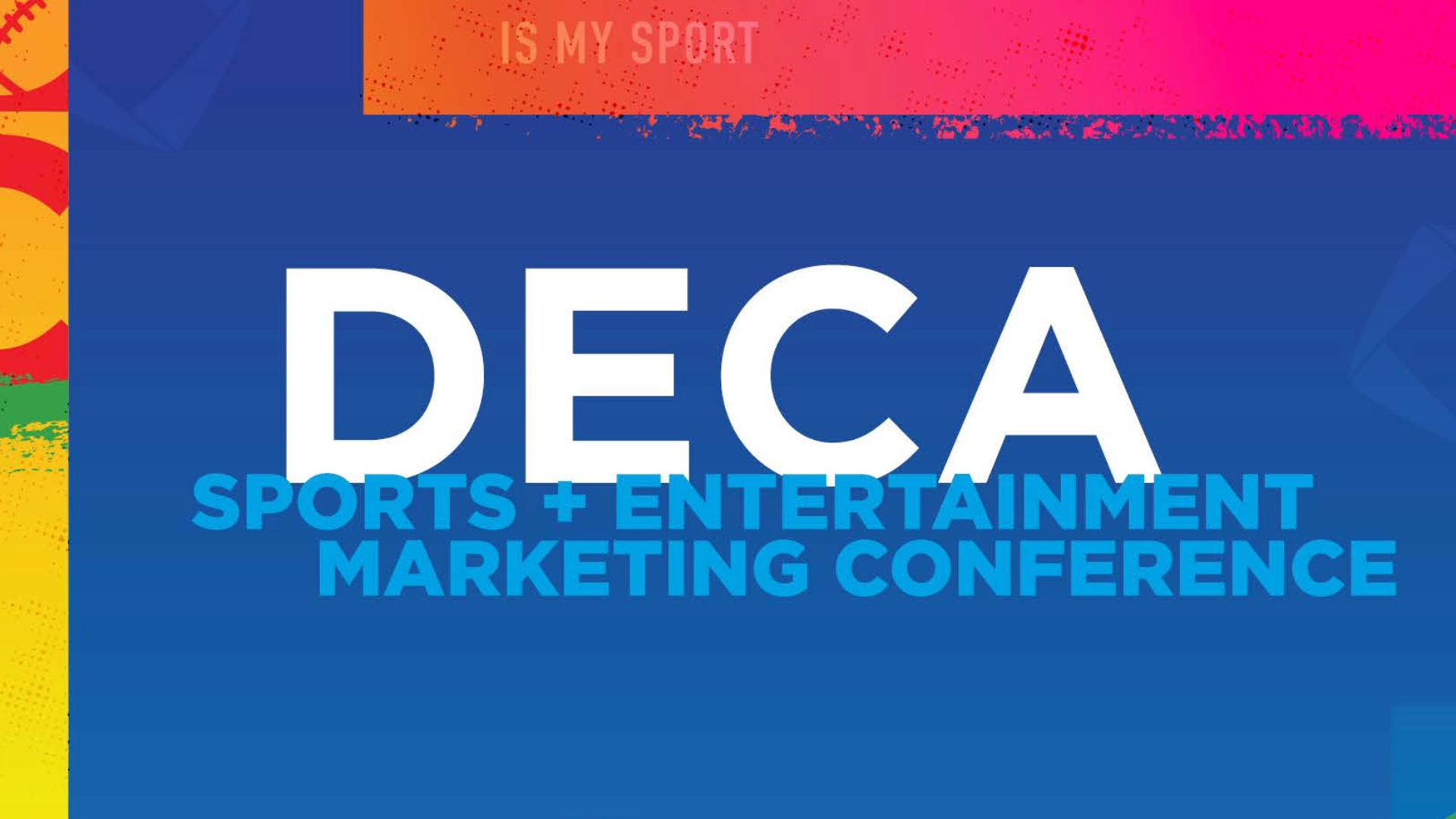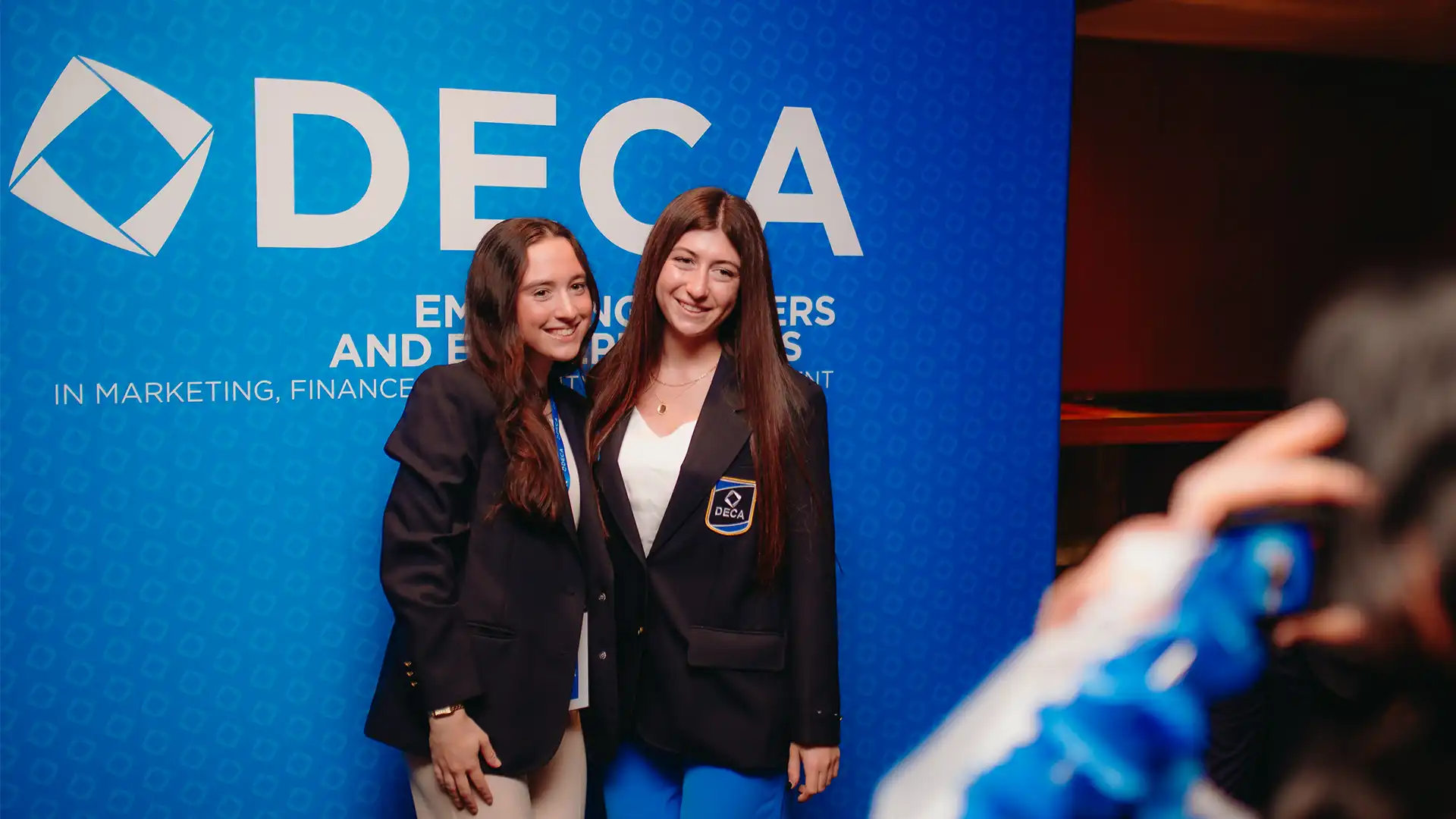Contributed by Wilsey Zahner | Tolland High School, CT
My first year, I entered our state competition with high hopes. Upperclassmen assured me I’d make it to ICDC. But after a shaky performance, I knew I’d fallen short - yet I still clung to hope during the awards ceremony that my name would be called. It wasn’t, and I know I’m not alone in that. At the time, it felt crushing. But now, missing out has helped me grow more than any award ever could.
Here’s how I turned that setback into my strategy—and how you can too.
Take a Step Back
After any setback, jumping in immediately may be tempting; tell yourself that you’ll just work harder this time - practice more, practice longer. However, this approach neglects to address the foundations of your study methods and can even lead to burnout. Rather than jumping right back in, I’ve found it far more beneficial to take a step back and get in the right mindset to prepare.
But being in the right mindset doesn’t just mean being ready to learn; it means being ready to reflect on yourself as a DECA member, both positively and constructively. Ask yourself these questions:
- “What’s one thing I’m proud of this year?”
- “What’s one thing I want to work on next year?”
- “What’s one goal I can work towards?”
The answers to these questions don’t have to be monumental. Instead, they can focus on small wins and tiny changes. Were you proud of your visuals? Do you want to work on your facial expressions? In this period of competition, it’s crucial to take the time to reflect on yourself and your goals.
Evaluate Your Strategy
Although it can be challenging, this step can prove to be the most beneficial in your journey to competitive success. Everyone prepares differently, and it’s up to you to determine which method suits you best.
Here are some key parameters you can use to evaluate your competition preparation:
Time: When did you study?
For some, practicing for shorter amounts of time over many months is more helpful. For others, spending more time closer to the event works better. Utilize this period to determine which method works for you (and maybe even make a planner of when you intend to begin preparing).
- What Worked For Me: I started preparing for my state competition about two months in advance, doing one or two role-plays a week. Between my state competition and ICDC, I focused on more specific skills and topics I was unfamiliar with.
Mode: How did you study?
While taking notes might work for some, watching a video might be more memorable for others. You must determine whether audio, visual or kinesthetic learning works best for you, and go from there. For example, a learner who prefers audio might benefit from a business-related podcast or YouTube videos like BowTieGoat. Visual learners might favor note-taking or reading business-related literature (DECA Direct has plenty listed under Compete). Kinesthetic learners might find the best results from hands-on learning, like taking DECA exams or presenting their written event to peers.
- What Worked For Me: As a kinesthetic learner, this year I made a folder of all roleplays for my event posted on the DECA Competitive Events page and did them slowly throughout the year, recording them in my Voice Memos to listen back to and take notes about what I could improve.
Focus: What did you study?
Each DECA competitive event requires unique skills. However, it is important to gain a foundational understanding of various business topics and the soft skills needed to give a presentation or role-play. The DECA Exam Blueprint outlines all instructional areas covered in the exam by cluster (ie, Channel Management, Selling, Financial Analysis, etc). Before jumping into competition preparation, look at these instructional areas and evaluate which ones you should focus on the most.
- What Worked For Me: To strengthen my understanding, I listed all the instructional areas covered in my exam, in order of how many questions they had. I did independent research on each one, helping me to gain a deeper understanding of topics that not only applied to my exam, but to my roleplays as well.
Find Your Confidence
The most important thing you can do for yourself as a competitor is to find your confidence. It’s wonderful to hear from your peers and supporters that you are prepared, capable and ready, but that only becomes true when you believe it. You only become capable of achieving your DECA goals when you truly, deeply, from the bottom of your heart, believe you are capable.
Don’t let a setback hold you back. Every experience you have as a DECA member is a step towards your most prepared and knowledgeable self. So take your time and find your confidence - in any way that’s meaningful to you.
Competing in DECA is an opportunity that shapes young business leaders in a multitude of ways, from soft skills to business knowledge to employability. So whether you placed or not, your DECA journey is far from over. Reflect. Refocus. Rise. Set the precedent for a new year, one filled with growth, confidence and achievement.














